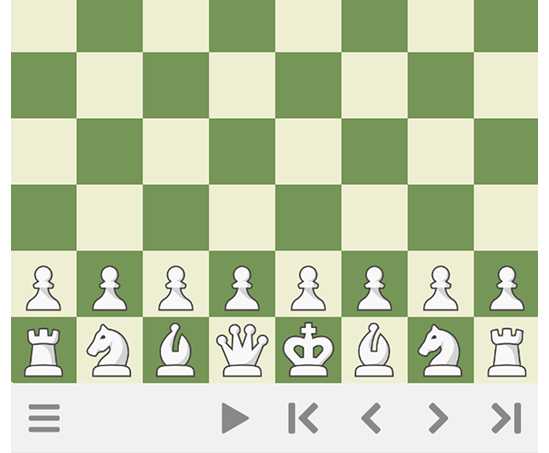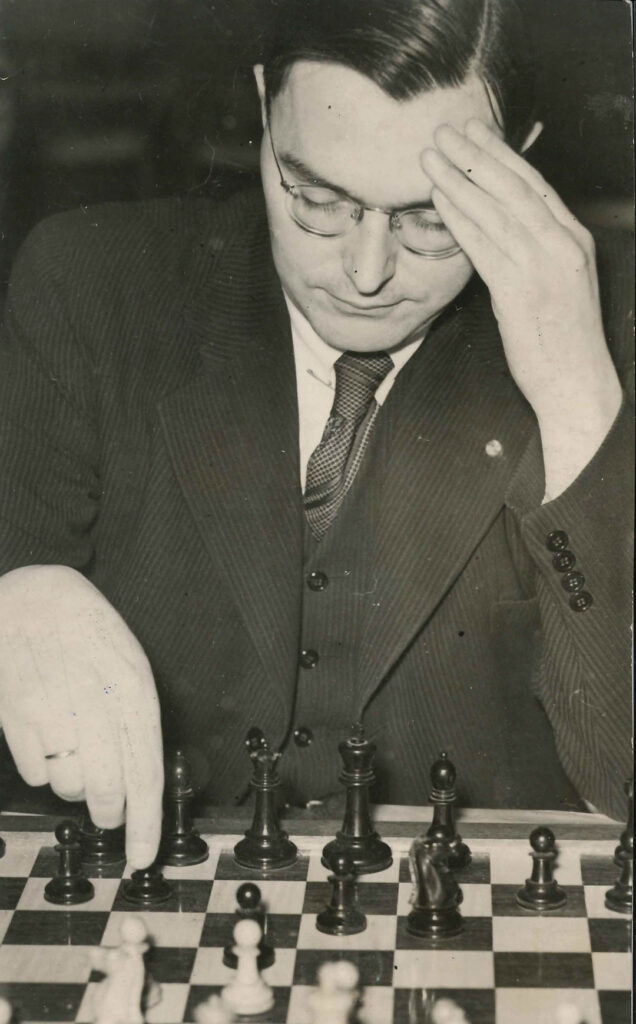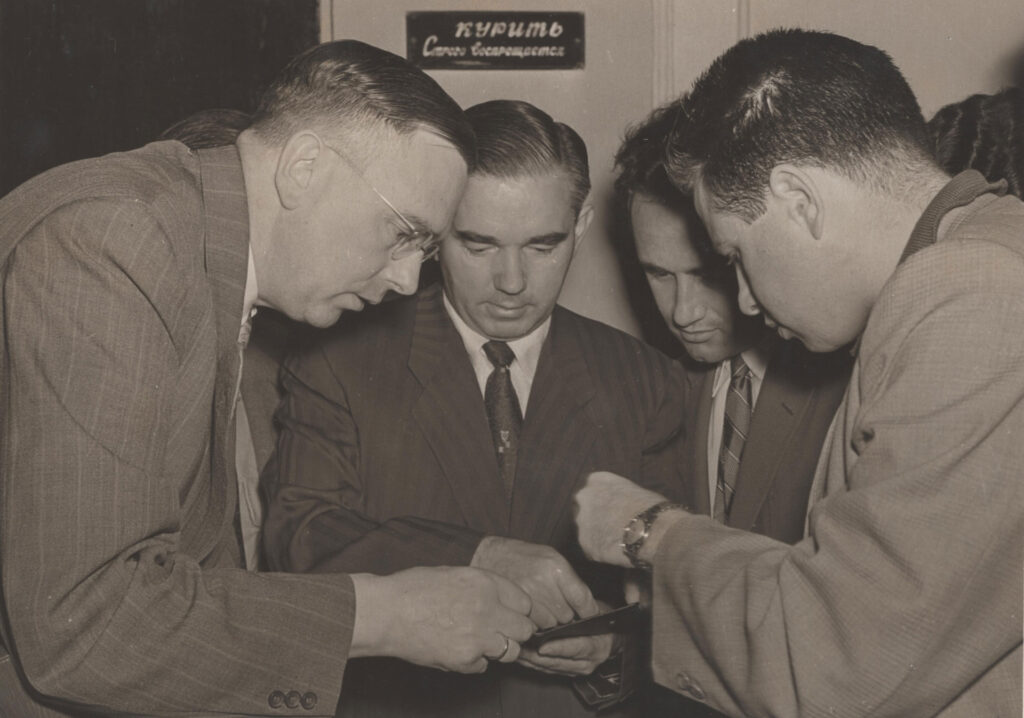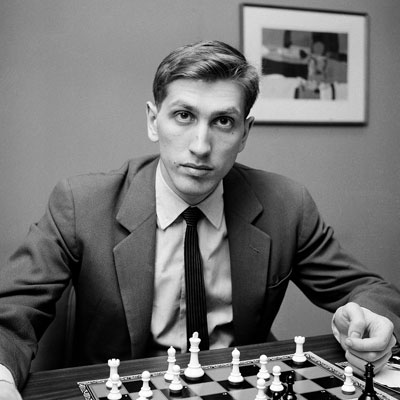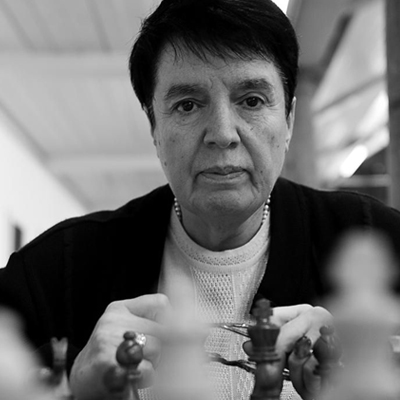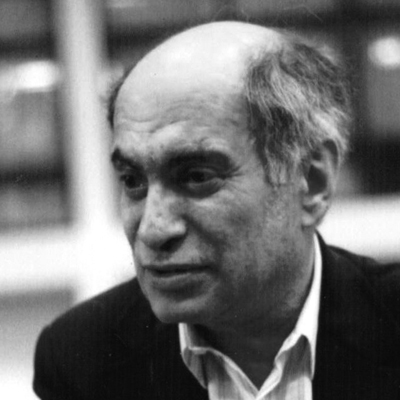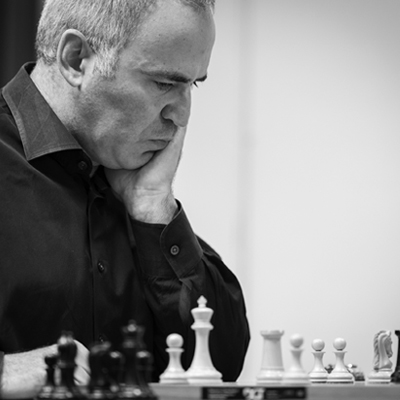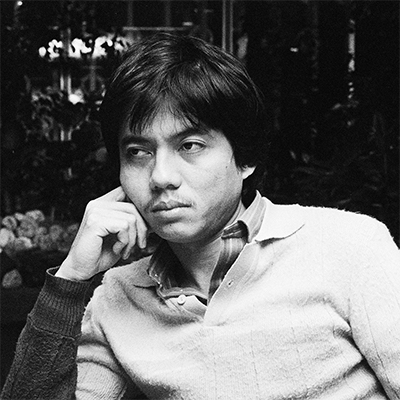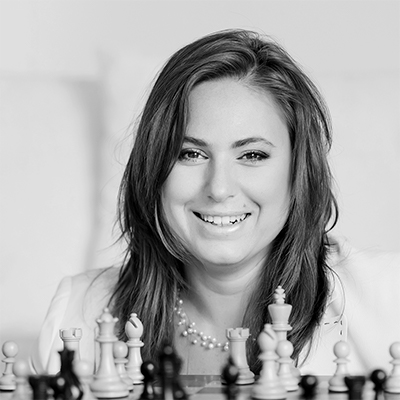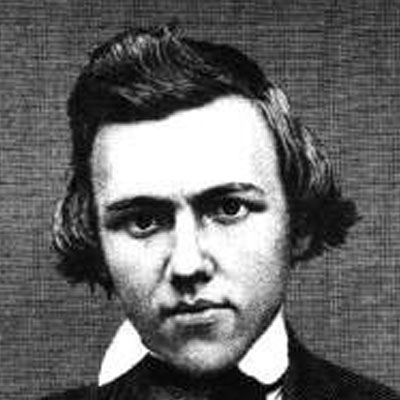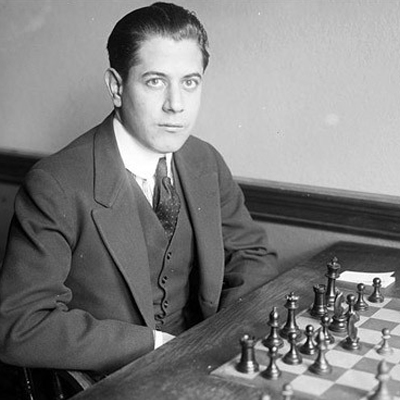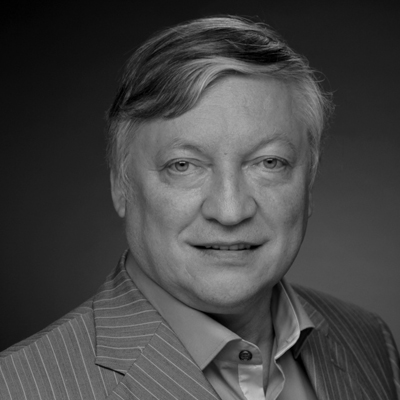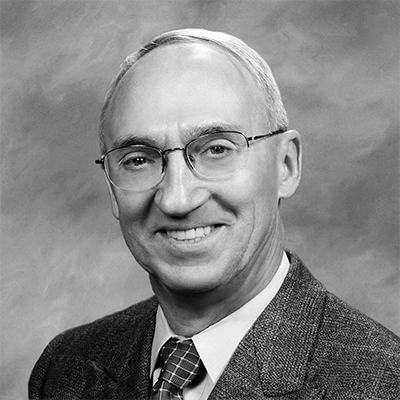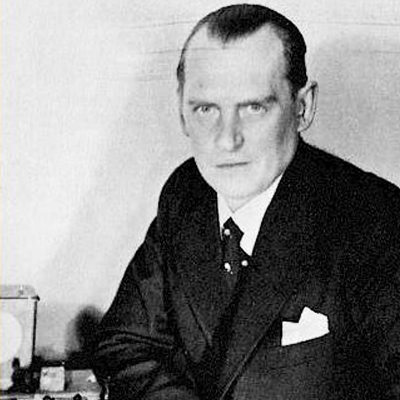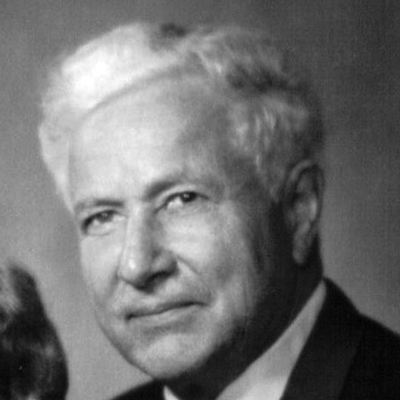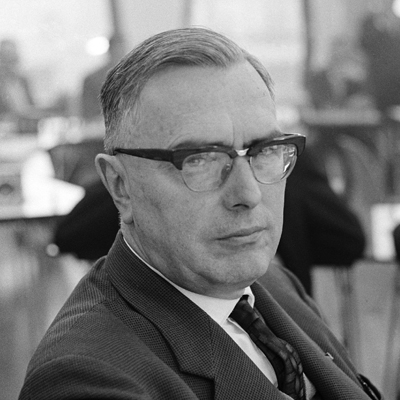
World Chess hall of fame
Machgielis (Max) Euwe
Inducted 2004 1901 - 1981
Netherlands
Biography
Born in Amsterdam, Dr. Max Euwe was the only person to become both a world champion and president of FIDE. After earning a doctorate in mathematics in 1926, he focused his research on chess theory, publishing mathematical analyses of the game. Despite having a family and full-time career, Euwe won twelve Dutch championships, the 1928 World Amateur Chess Championship, and performed extremely well at the few international tournaments in which he did compete during the 1920s and mid-1930s. His crowning glory would come in 1935, however, when he defeated Alexander Alekhine in a major upset to become the 5th World Champion. Though he was defeated by Alekhine in the return match two years later, his strong showings at Nottingham 1936, the AVRO tournament in 1938, and Groningen 1946 testify to his abilities as a player. He would represent the Netherlands in six Olympiads, and while his success waned throughout the 1940s and 1950s, his accomplishments are compelling and impressive for a lifelong amateur.
As FIDE president from 1970 to 1978, he traveled the world popularizing chess and increasing FIDE’s membership. His actions during the 1972 Fischer-Spassky match helped to assure that contest was finished without forfeit by the erratic Fischer, and he guided the organization through various conflicts with the Soviet Union, including the defection of Grandmasters Gennadi Sosonko and Viktor Korchnoi in 1972 and 1976, and FIDE’s decision to hold the 1976 Olympiad in Israel, a country not recognized by the USSR. Noted for his logical approach and his opening strength, Euwe was a prolific author of more than 70 books on chess history, including The Road to Chess Mastery, Judgment and Planning in Chess, The Logical Approach to Chess, and Strategy and Tactics in Chess Play. He is remembered for both his organizational and academic contributions to the chess world.
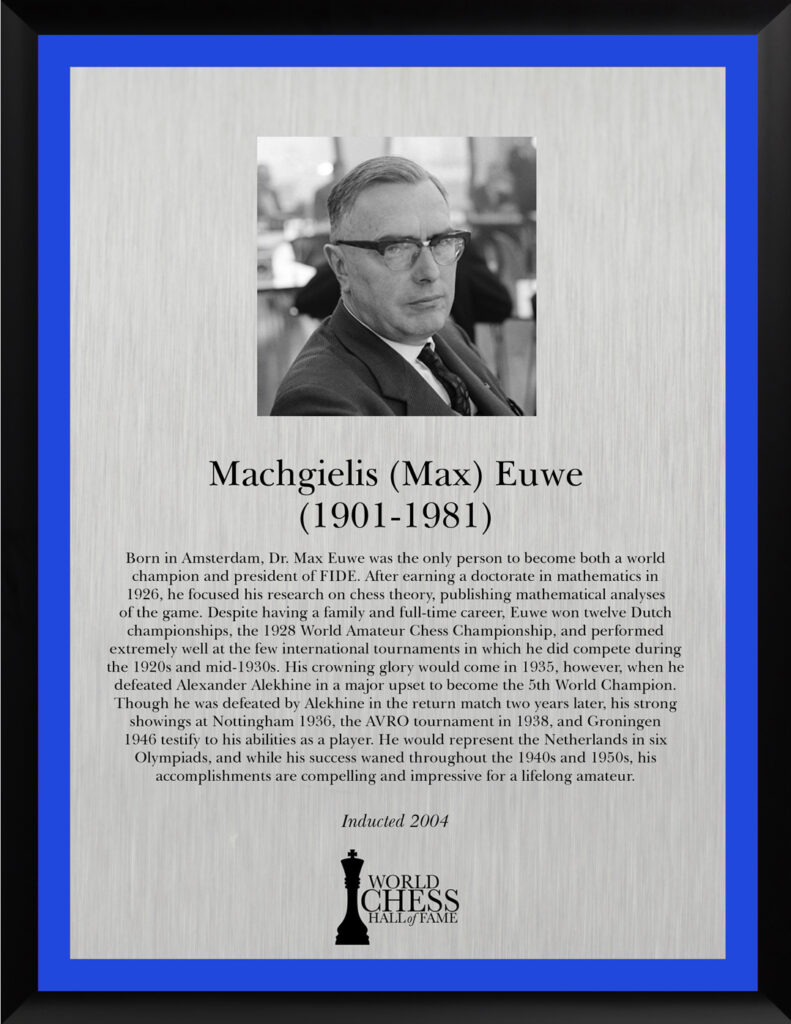
Notable Games
